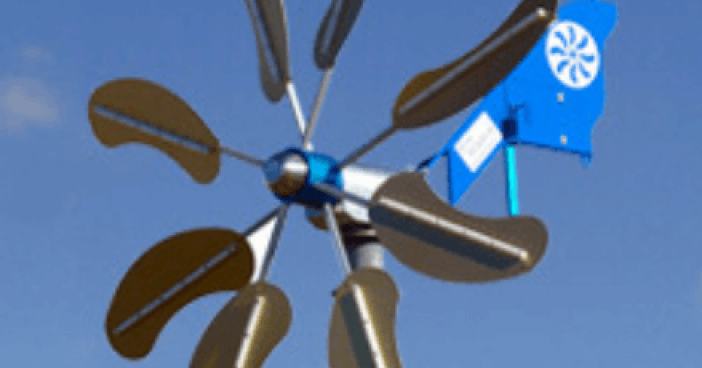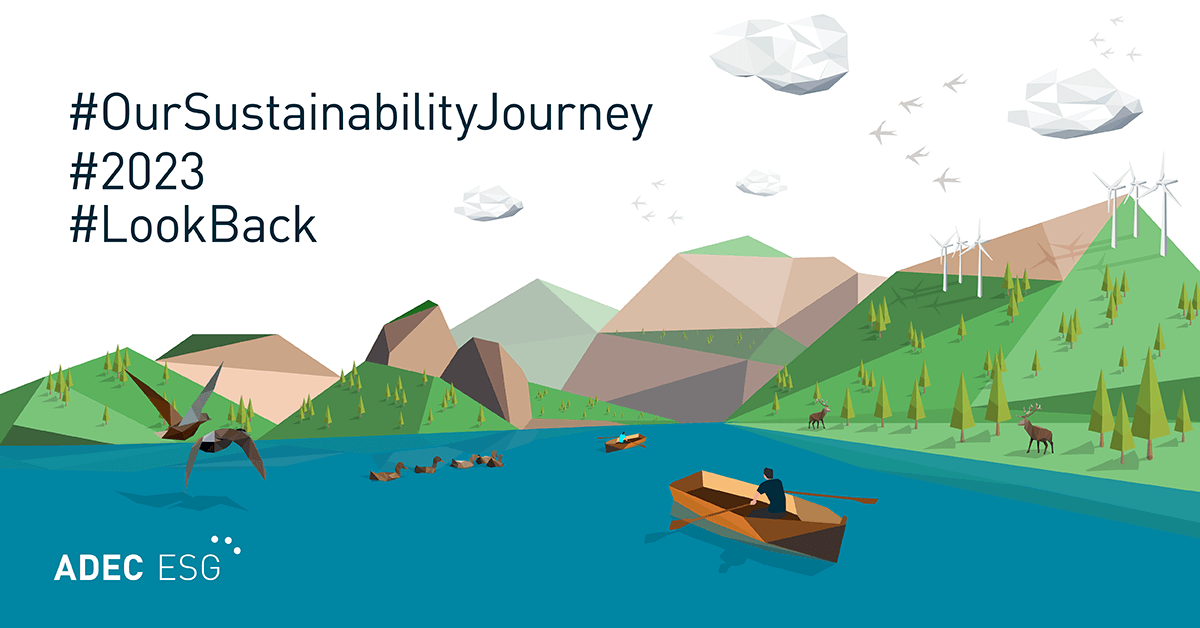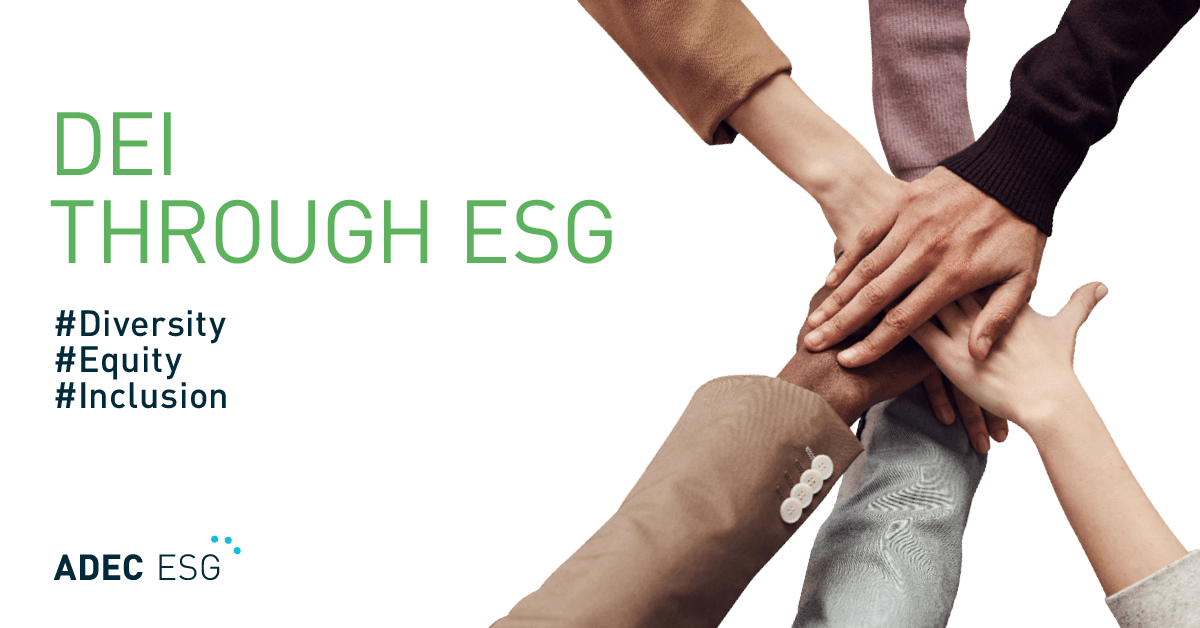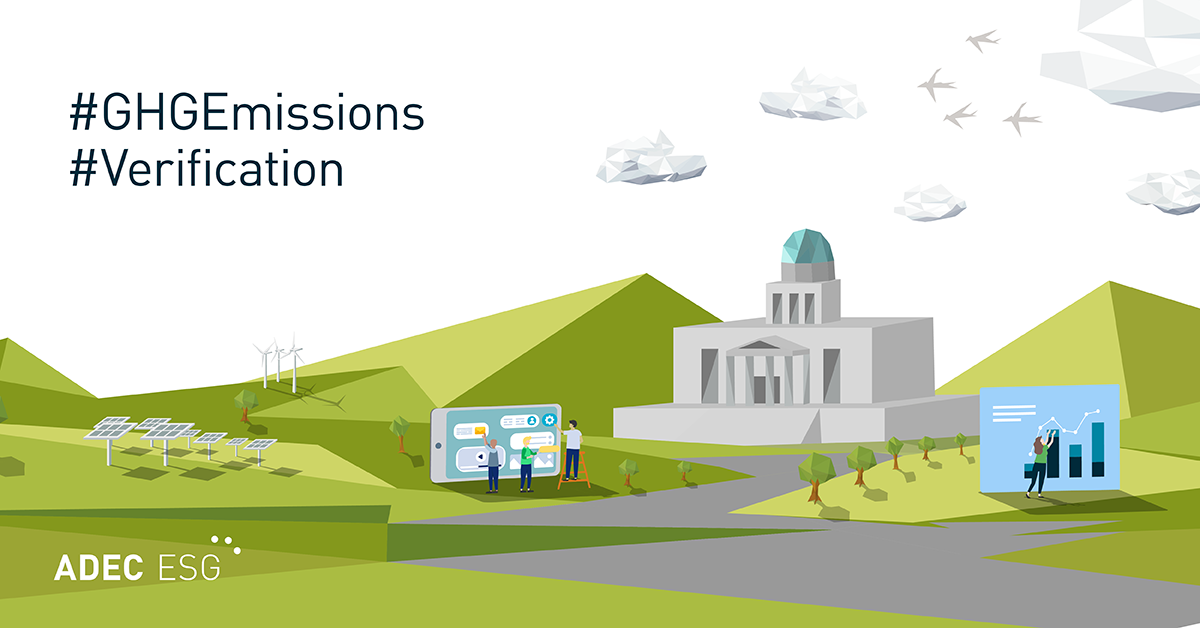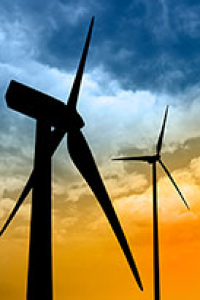 When your company implements a sustainability plan, including a small wind turbine along with solar panels, it helps promote a new sustainability culture to your customers and employees.
When your company implements a sustainability plan, including a small wind turbine along with solar panels, it helps promote a new sustainability culture to your customers and employees.
Generating electricity from a renewable source increases awareness of how important electricity is for your business. Consider installing a grid-connected small wind turbine (not the wind farm size) on-site to take less from the grid, and see the effects it has on your business.
If government incentives or Feed-in-Tariff (FIT) is available, evaluate whether it makes sense to install solar photovoltaic panels. Generally, the FIT is more generous for solar than small wind. But there may be administrative, and grid availability delays that hamper your ability to implement such a renewable energy source.
When including renewables in the design of your new building, or incorporating them in your existing ones, follow these 3 steps in your sustainability plan:
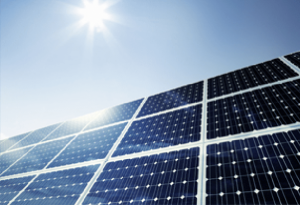
1. Get Help from a Professional
It may look easy to put up a small wind turbine, but it’s not. The wind turbine system involves several fields of engineering and skilled trades, so it’s best to do it properly and safely from the outset, so hire a professional.
Solar panels are easier to install, but to do it properly, (I can’t reiterate this enough) hire a professional. Consider the type of panel and condition of your roof before embarking on such an endeavor.
Your professional will also enquire about any municipal requirements, which are not too onerous.
Wind Simplicity™, a Canadian designer and manufacturer of the award-winning small wind turbine, the Windancer ™, available in 3kW, 7kW and 23kW, is an example of a company that can help you.
2. Location – location – location
Your professional will determine the best location to install your small wind turbine and solar panels.
Avoid trees, especially little ones today that will be big in a few years. It’s things like this that a professional will know — that may not be intuitively obvious to you.
And, if you receive a municipal notice regarding your neighbour’s new addition, it’s really important to ensure your renewable energy generators will not be affected in the short- or long-term!
Ensure there is sufficient space for safe access to the small wind turbines and solar panels for installation, and maintenance.
Power electronic components are installed inside the building, and inspected prior to connecting. The electrical distribution company’s meters are inside or outside of the building at ground level.
Believe it or not, a 3kW or a 7kW small wind turbine can be mounted on your roof. If you’re leasing, it is good to know it is a portable asset and you can take it with you if and when you choose to relocate.
3. Keep Track of Your Direct and Indirect Savings Generated from Renewable Energy
At the outset of your sustainability plan, get a baseline to improve from by implementing a formal information system like FirstCarbon Solutions ghgTrack to get the biggest bang for your buck.
Your local electricity distribution company will put in a meter to keep track of the electricity generated from each system. Carbon credits from the FIT program are often kept by the distribution company, otherwise they’re yours.
You may also be able to count on other savings that will materialize directly or indirectly from the awareness of sustainability.
Did you enjoy this post? The author of this article is Sharolyn Vettese. Learn more about her here.

